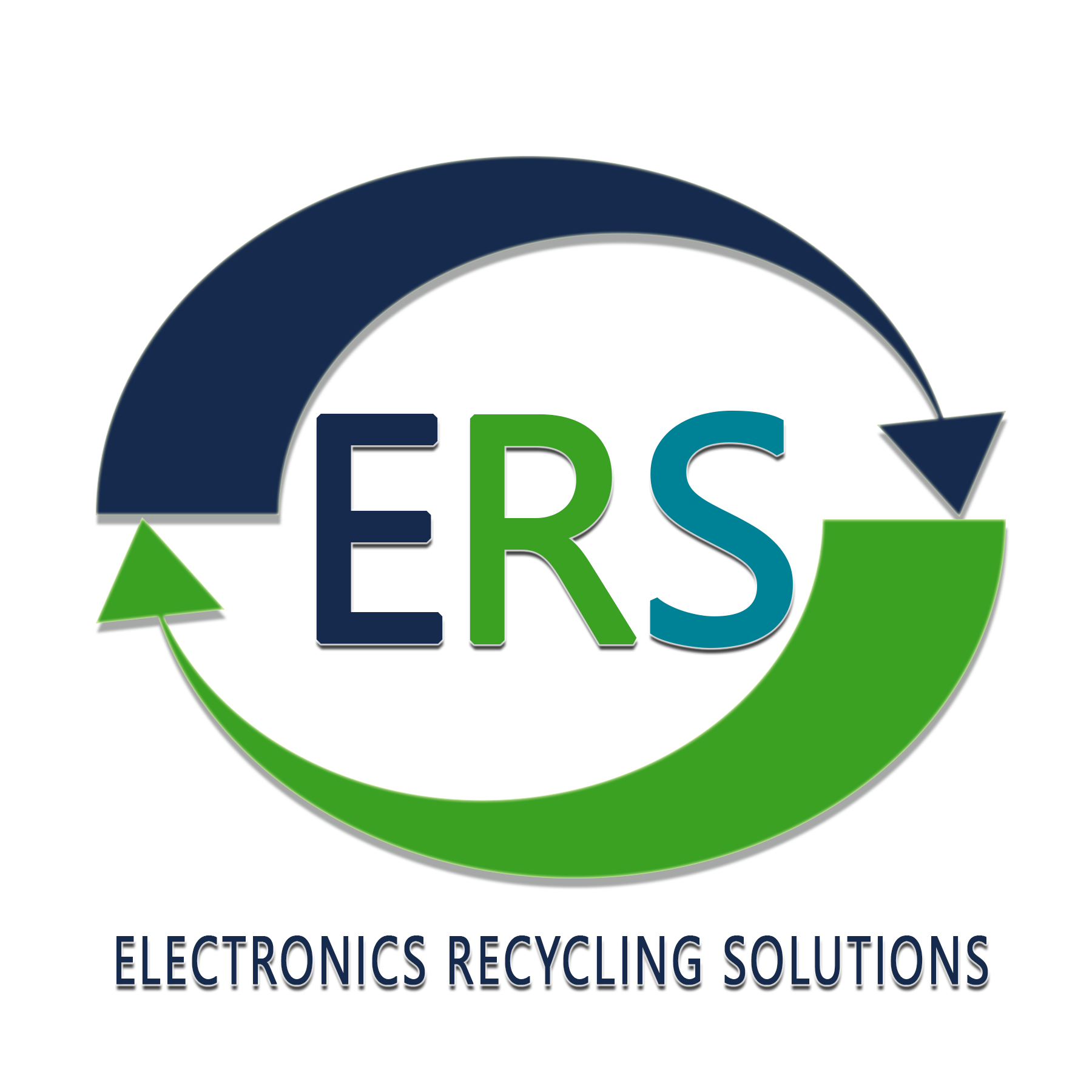10 Facts About Laptop Recycling You Need to Know
A laptop is a small portable computer with an alphanumeric keyboard. A laptop carries out all the functions performed by a desktop computer, including input and output processing. They can be powered from an internal battery or an external source like an AC adapter.
In this article we are going to talk about laptop recycling in detail. So, make sure you read this article until the end for more relevant information. Also, do not forget to refer to a professional when looking for the best laptop recycling solutions. They are bound to help.
What Is Laptop Recycling?
The intensity of usage of all electronic items by today’s generation is indispensable. All the raw materials and components of electronics are separated and disassembled in the recycling of E-waste. As a result, there is a rapid increase in the production of raw materials for laptops. This growing quantity is leading to more and more wastage by discarded laptops.
In the following content, we shall read about ten facts that an individual should know about laptop recycling.
10 Facts About Laptop Recycling
Laptop Waste Is Hazardous
Discarded components of laptops generate e-waste in the environment. These laptop components can be hazardous for nature as they contain Mercury, Cadmium, Lead, Barium. Polyvinyl Chloride and Lithium are also there. These chemicals, if not disposed of properly while recycling, can contaminate the groundwater. This contamination of groundwater can adversely affect the lives of people.
2. Laptop Waste Found in Incinerators
When a laptop is discarded for recycling, its components need to be changed. The throwing away of the raw materials are maximum times found in the incinerators and also landfills, which barely get recycled. They generate the maximum amount of wastage in the environment. According to a statistical record, in 2012, the U.S. released an average of 3.4 million tons of laptop waste, out of which only 29% of those were recycled. This clearly states that around 50,000 trucks filled with these laptop components could be recycled.
3. Laptop Waste Bear 70% Of Toxic Waste
As an informed individual, one should know the number of harmful chemicals generated from the components of a laptop. While disposing of the raw materials, the laptop trash fills in 2% of the garbage, but it is observed that these components account for up to 70% of the toxic waste present in the environment. So, while recycling, these things should be kept in mind.
4. Security Trouble
As the world is moving towards digitalization, we end up feeding some of our personal information in any one or the other form of electronic items like a sim card, hard drive, or memory card. While disposing of these, if the cybercriminals catch hold of this, they can be a treasure. They can easily misuse the information and breach personal data. A statistical record from IBM Security shows that the global average cost of a data breach in 2020 was $3.86 million.
5. Laptop Waste Are Reusable
At some point in time, we feel that some components might not be useful for us but can be fruitful for someone else. In this way, that particular component can be reused. This shall ultimately save space in landfills, and the least new components shall be manufactured.
6. Virtually Recyclable
As the components are disassembled, many materials hold high commercial value. While some types of plastics can be reused into shipping pallets, print toners can be used on road surfaces. This way, the components can be 100% virtually reusable.
7. Job Opportunity
Recycling laptops alone can create hundreds of new job opportunities. As the recycling industry is growing across the globe, 296 new jobs are created every year.
8. Laptop Waste Contain Valuable Metals
From every laptop that is recycled, many valuable metals are found. Thousands of pounds of copper, silver, gold, and palladium can be discovered.
9. Solution from Manufacturers and Retailers
Many manufacturers and retailers encourage laptop recycling. They accept all kinds of electronic recycling no matter where you purchased it from. In this way, they practically help save the space of landfills and reuse the product that has longevity.
10. Laptop Recycling Ease at Corporate Level
Talking about the corporate level, it is an easy task to recycle laptops like recycling papers with the help of a Certified e-Steward. They help in recycling laptop components whether used by two people or by 20,000 people. Certified e-Steward holds trustworthiness as they are globally recognized for its highest ethical standards.
The Bottom Line
Recycling laptops can be challenging for the environment and the people as well. But if the raw materials are disposed of wisely, and some components hold the potentiality to be reused in another electronic item, they should be taken care of.
Wastage of these items affect the environment, but we also unintentionally lose some precious metals like gold and silver that can be found while disposing of our gadgets. Proper recycling can also save us from any breach of personal data by cybercriminals.
Julian Mills
Night owl, adventurist, and day time content writer. What you need to know about me is that I live and breathe writing. Shoot me a topic, and I’ll write for you.
